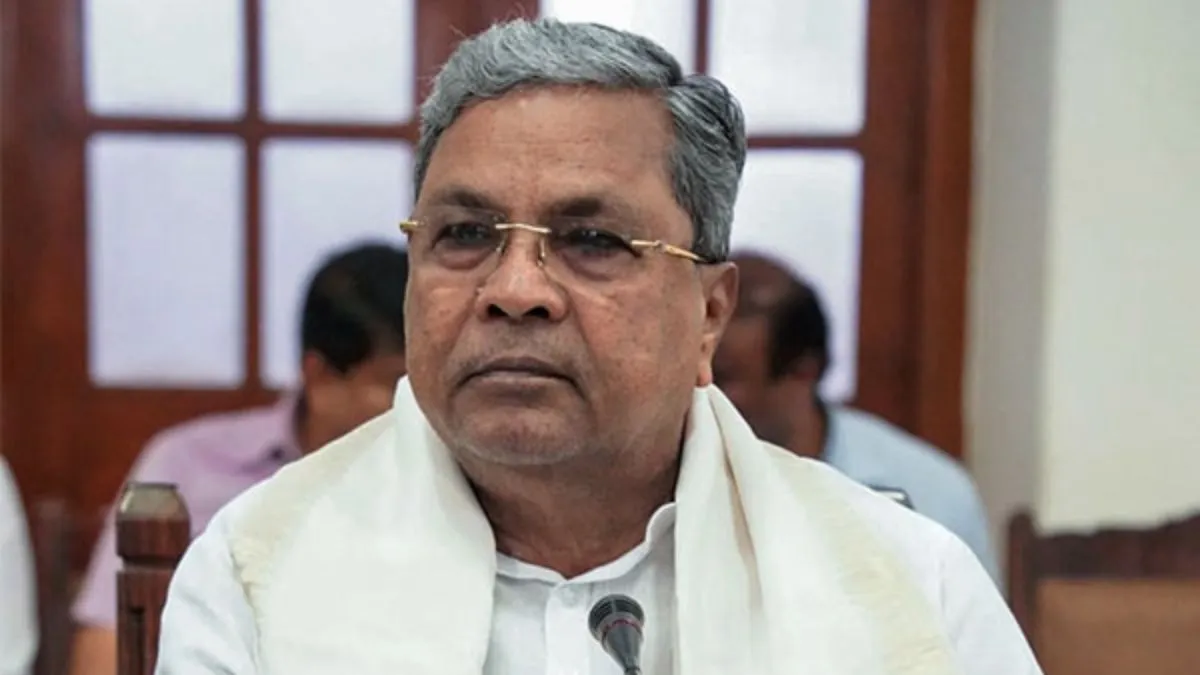- By Soumyaroop Mukherjee
- Fri, 05 Sep 2025 10:53 AM (IST)
- Source:JND
KC Valley Project: In a major push to revive the water table near the Kolar Taluk area, the Chief Minister of Karnataka, K Siddaramaiah, unveiled Phase II of the ongoing KC Valley project on Thursday.
In a tweet posted by the Karnataka chief minister, phase II of the project is set to conclude by the end of December 2025. It will help in filling up 272 lakes that have been lying dry. According to the CM, the project will benefit the farmers as there are no rivers in the Kolar and the Chikkaballapur regions. The project is built at Rs 446 crore.
ALSO READ: Bengaluru Traffic Advisory For Eid-e-Milad On Sept 5: Check Route Diversions, Timings, Parking Bans
What Is The KC Valley Project?
The KC Valley project, also known as the Koramangala-Challaghatta Valley drainage project, is a government initiative of the state of Karnataka, where treated sewage wastewater is drained into natural lakes after treatment in designated plants.
ಕೆ.ಸಿ ವ್ಯಾಲಿ 2ನೇ ಹಂತದ ಯೋಜನೆಯಡಿ ಲಕ್ಷ್ಮೀ ಸಾಗರ ಪಂಪ್ ಹೌಸ್ ನಿಂದ ಕೋಲಾರ ಜಿಲ್ಲೆಯ ಕೋಲಾರ ತಾಲ್ಲೂಕಿನ 30 ಕೆರೆಗಳಿಗೆ ನೀರು ತುಂಬಿಸುವ ಯೋಜನೆಯನ್ನು ಇಂದು ಲೋಕಾರ್ಪಣೆಗೊಳಿಸಿ, ಮಾತನಾಡಿದೆ.
— Siddaramaiah (@siddaramaiah) September 4, 2025
ಬೆಂಗಳೂರಿನ ಸುತ್ತಮುತ್ತಲಿನ ಜಿಲ್ಲೆಗಳ ಅಂತರ್ಜಲ ಅಭಿವೃದ್ಧಿಗೆ ನಾವು ಹಿಂದಿನ ಸಲ ಅಧಿಕಾರದಲ್ಲಿದ್ದಾಗ ಕೈಗೊಂಡ ಯೋಜನೆಗಳು ಈ ಭಾಗದ ರೈತರ ಜೀವನ… pic.twitter.com/0lORAPtoge
Under the second phase of the K.C. Valley project, 30 lakes in the Kolar Taluk will be filled with water from the Lakshmi Sagar Pump House, which was inaugurated yesterday. According to the Chief Minister, the projects undertaken during the previous tenure to develop groundwater in the districts surrounding Bengaluru have been a significant step toward improving the living standards of farmers in this region. Treated water is being supplied daily to over 250 lakes.
Under the second phase of the project, 30 lakes in Kolar taluk will be filled with water. In the first phase, wastewater was treated and successfully used to fill lakes in Kolar and Chikkaballapur. This water is not used for drinking. The groundwater level has improved in the areas where the lakes have been filled.
The chief minister further added, “Despite some people spreading misinformation about the project, it has already been proven that there is no truth to their claims. It has been established that there is no harm to crops or livestock.”


